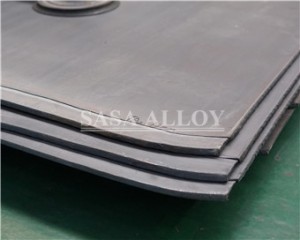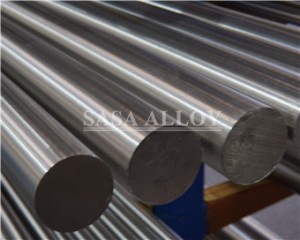Nickel-based corrosion and temperature-resistant alloys fall into the category of materials that are moderately to difficult to machine. However, it is possible to machine these alloys using conventional production methods at reasonable rates. When machining these alloys, several key considerations should be kept in mind:
1.Machine Capacity: Nickel alloys can generally be face-turned and bored on most machining equipment. The specific machinery you can use will depend on factors such as speed, feed, depth-of-cut, and tooling. For tasks like drilling large holes and tapping, you’ll need sturdy machines with sufficient power.
2.Tooling: Tools used for machining nickel alloys tend to wear out relatively quickly due to the alloy’s properties. You will need to change or re-sharpen tools frequently. While it can be expensive, it’s advisable to use C grade inserts whenever possible to extend tool life.
3.Lubrication/Coolants: The use of lubricants and coolants is highly recommended during machining. Water-miscible vegetable oil-based fluids work well in CNC equipment and engine lathes, providing good results. However, for tasks like tapping and heavy drilling (especially large diameter or deep-hole drilling), you’ll need a heavy-duty, light viscosity petroleum cutting oil. Different facilities may experiment with various lubricants based on their specific needs and experiences.
4.Drilling: When using insert drills in CNC machines, maintain consistent speeds (SFM – Surface Feet per Minute) for facing, turning, and boring operations for the particular nickel alloy you’re machining. The recommended feed rate is approximately 0.002 inches per revolution. When using twist drill bits, cobalt drills are preferred, but high-speed steel (HSS) drills can also work if operated at slow and steady speeds. In some cases, solid carbide drills may be suitable for specific applications.
In summary, machining nickel-based corrosion and temperature-resistant alloys requires careful attention to factors such as machine capacity, tooling, lubrication/coolants, and drilling techniques. It’s essential to adapt your machining approach based on the specific alloy and machining task at hand. Trial and error may be necessary to determine the most effective lubrication and tooling methods for your particular machining facility.
Post time: Sep-14-2023

